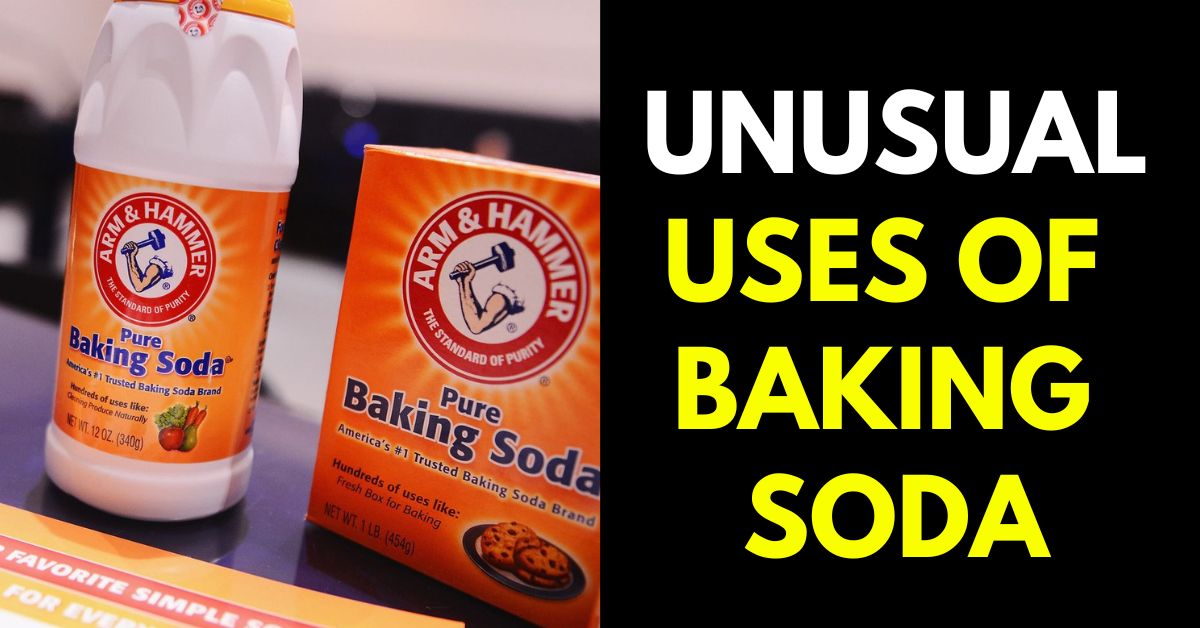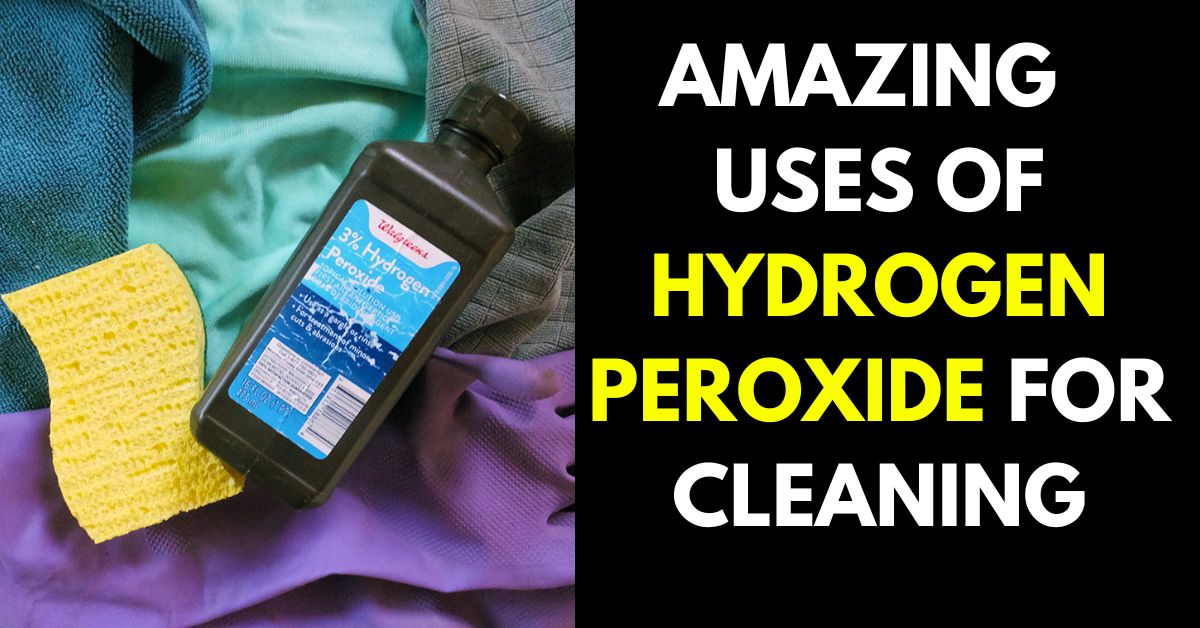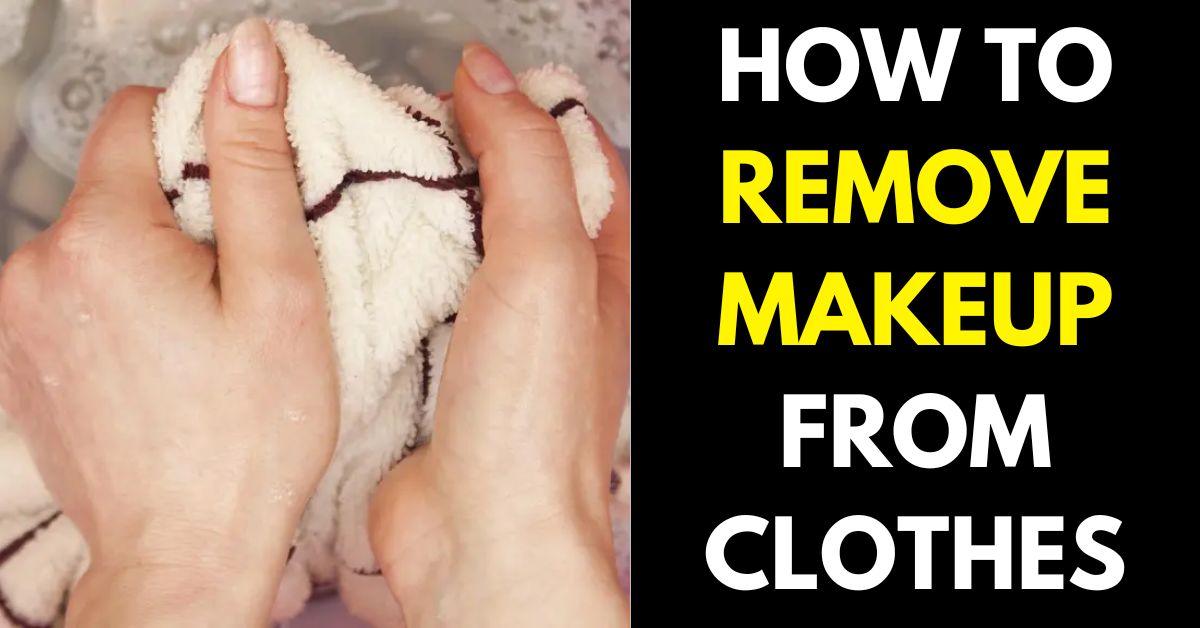No matter what you smoke out of, there’s always a chance that some residue will be left behind. If it’s just a quick hit of weed and a puff or two from your bong, this is not only okay but expected. But when you’re dealing with more powerful substances like crack cocaine or methamphetamines, those tiny particles can cause big problems down the road, even if they don’t affect you immediately.
That’s why it’s important to clean your pipes after each use; doing so will help keep them clear for future use as well as reduce any health risks associated with drug use.
Cleaning doesn’t have to be complicated though. In this guide we’ll cover everything from how often you should clean your pipe to what materials work best for cleaning them out completely:
Can I Clean a Pipe with Nail Polish Remover
You can clean your glass pipe using nail polish remover. You can also use acetone to clean a glass pipe, as well as rubbing alcohol and vinegar.
How Do You Clean a Glass Pipe with Acetone?
First, you will want to clean the pipe with acetone. Dip a cotton swab into the nail polish remover and apply it to the pipe. Rinse with warm water and dry with a paper towel.
Best Way to Clean a Glass Pipe and Keep the Resin
The best way to clean a glass pipe is by using a combination of cleaning tools.
- A pipe cleaner is a small brush that you can use to scrub the inside of the tube.
- A pipe pick or even just your finger works well too, though it’s harder on your hands and fingers than on the tool.
- You can also use both methods together if necessary
How to Clean a Pipe with Dish Soap
If you’re looking for a quick and easy way to clean your pipe, try using dish soap. It’s cheap, it’s readily available at any grocery store or drugstore, and it will cut through the resin that has built up in your bowl. All you have to do is fill your pipe with warm water and add some dish soap. Let it sit for several minutes and then rinse out the pipe thoroughly with hot water before letting it dry completely on its own.
Using Pipe Cleaning Solvent
- What is a pipe cleaning solvent?
Pipe cleaners are designed specifically to remove resin from pipes and other smoking devices. They come in various sizes, shapes, and colors but you can usually find them online or at your local head shop. The best kind of cleaner will be labeled “pipe solvent” or “glass pipe cleaner”.
- How do I use it?
Carefully follow the instructions on the package that came with your pipe cleaner so that you don’t accidentally damage your device while cleaning it.
A good way to go about this process is to first take apart any components necessary and soak each part separately before reassembling them all together again once finished. This helps prevent cross-contamination between parts by keeping them separate during this process (you wouldn’t want an oily rag getting into places it shouldn’t be).
How Do You Clean a Pipe Without Alcohol?
You can clean your glass pipe without alcohol by using a variety of different substances.
These include:
- Dish soap and water, or rubbing alcohol and water
- Vinegar or lemon juice (for hard-to-get rid of stains)
- Salt and water, baking soda and water, or isopropyl alcohol (for residue buildup)
- Hydrogen peroxide or olive oil (for sticky residue)
- Coconut oil (for removing oils from your hands).
How Do You Get Resin Out of Your Bowl?
If you’ve been smoking for a while, chances are pretty good that you have resin in your pipe. Resin is the sticky residue left behind in the bowl after you smoke. Fortunately, it’s easy to remove; just follow these steps:
- Use a pipe cleaner and paper towel or cotton swab to get out as much of the resin as possible from your bowl. If there’s still some left behind, try using a toothpick or pipe cleaner with acetone (or nail polish remover).
What Is the Fastest Way to Clean a Glass Pipe?
There are many different ways to clean a pipe, but when you’re in a hurry, it can be helpful to know which methods are the fastest. If you need your glass pipe cleaned fast and don’t want to spend hours scrubbing at the resin with a sponge or cloth, here are some methods that will help you get the job done quickly.
- Use a cleaning solvent. While many people like their pipes as is and avoid using solvents because they think they will ruin their pieces, there is no reason why you cannot use one if necessary. The most popular types of cleaners for glass pipes include rubbing alcohol (the one used for cleaning skin), nail polish remover (acetone), or even dish soap if all else fails. Just remember not to use anything too acidic or alkaline; this includes household cleaners like bleach or ammonia because these substances can damage your precious piece over time.
Does Acetone Ruin Glass?
Acetone is a solvent, which means that it can dissolve other substances. It is commonly used in the production of nail polish remover and paint thinners. Because it dissolves so many things, it can be used to clean many different types of materials like plastics, wood, and metal.
Acetone can also damage glass pipes if they aren’t cleaned properly after use. It’s important to keep this in mind when cleaning your pipe.
Can You Clean a Bong with Paint Thinner
You might have seen a person on Youtube cleaning their bong with paint thinner, but this is not advisable. Paint thinner is highly flammable, toxic, and can damage your glass bong. It’s also not great for the environment either.
Paint thinner will strip away any residue or buildup in your pipe cleaners and remove any oils left behind by your hands that may have formed over time as you smoke. You could potentially get these chemicals into your lungs when smoking out of the freshly cleaned piece too.
The best solution for cleaning lighters or pipes is to use 90% rubbing alcohol instead of paint thinner because it evaporates quickly and won’t ruin any part of your favorite pieces.
Can Acetone Be Used to Clean Pipes?
Acetone is a solvent that can dissolve other substances. It is commonly used in the cleaning of glass pipes, as it helps to remove resin from the glass surface and keep it from building up inside the pipe over time.
Can I Use Nail Polish Remover for My Pipe?
“If you’re cleaning your glass pipe with nail polish remover, you might want to stop reading right now. Nail polish remover won’t do anything but ruin the bowl of your pipe and make it really hard to clean in the future.
The first issue is that nail polish remover is not safe for use on glass, which means it can easily eat away at any glass pieces in your pipe and turn them into tiny, jagged pieces of sharp glass
Plus, because it’s flammable, using nail polish remover will risk setting fire to your precious piece if you don’t have enough ventilation around it or accidentally get some on yourself.”
Does Acetone Hurt Glass?
Acetone is a solvent that is used to clean glass. Acetone has been proven to be safe for use on glass, but it should not be used on skin or metal. The fumes from acetone can cause harm if inhaled in large amounts, so make sure you do not use this cleaning method in an enclosed space with poor ventilation.
You can use acetone to clean your pipes and bongs by placing them into a bowl filled with the chemical and allowing them to soak overnight. Remove the parts from the bowl and rinse them thoroughly with warm water afterward before using them again.
It is important never to put anything containing acetone down your drain as it may damage plumbing over time.
Is Acetone Safe to Clean Glass?
- Yes, acetone is safe to clean glass. It’s also a safe solvent for pipes and other acrylic products like bongs and dab rigs.
- You can use acetone to clean resin out of your pipe or bong, but be sure not to use too much of it as it could damage your piece.
Is It Ok to Put Acetone Down the Drain?
Acetone is a highly flammable solvent that can cause serious damage to your pipes and septic system if you pour it down the drain. If you want to clean your pipes with acetone, make sure that you dispose of any excess in an environmentally safe way by soaking up as much as possible with paper towels or cloths before putting them into a sealed container for disposal.
If you don’t want to dispose of it yourself, contact your local waste management facility for information about how they handle chemical waste disposal in your area.
What Happens If You Pour Acetone Down the Drain?
If you do happen to spill some acetone, don’t panic. Just grab some paper towels and wipe it up. Then call a plumber, who will tell you that it’s important not to use products containing acetone in or near your plumbing, and then he’ll ask if you have any more questions before he hangs up the phone because he has other people to call about their poison-related issues.
Finally, call the city and let them know what happened so they can send over someone from their hazardous materials team (who will probably be able to help).
Is It Safe Isopropyl Alcohol Safe on Skin?
Isopropyl alcohol is a safe solvent to use to clean glass pipes. While this solvent can remove resin from the bowl of a pipe, it’s not as effective as alcohol or other solvents. When cleaning with isopropyl alcohol, apply the solvent directly on top of any buildup in your pipe and let sit for 10 minutes.
After 10 minutes, use an old toothbrush or pipe cleaner to scrub out any residual material that remains on your glass pipe.
If you’re looking for an all-natural solution for cleaning your glass pipes then try rubbing alcohol instead of dish soap since it doesn’t contain any harsh chemicals that may damage your bowl like some dish soaps do.
Conclusion
I have been a glass pipe enthusiast for years, and I know how tough it can be to clean the resin buildup on your favorite piece. Just remember that you have options, and don’t be afraid to try something new.




